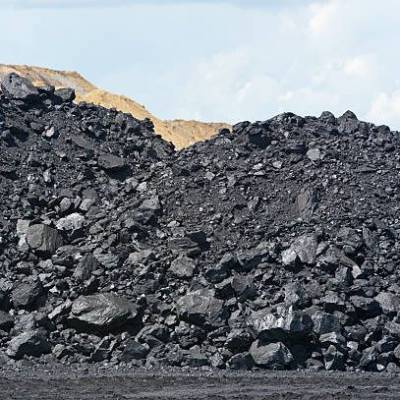The environment ministry announced that the state-owned companies that manage captive coal mines would now be able to be authorised to conduct compensatory afforestation efforts on degraded forests rather than non-forest land.
On a case-by-case basis, the environment ministry’s forest conservation division informed that compensatory afforestation over degraded forests of twice the size instead of equivalent non-forest land could be considered for captive coal blocks of state public sector units.
To compensate for forest loss due to coal mining, forest conservation guidelines from 2003 stated that such plantings should be grown on non-forest land.
Although, such situations would only be considered if the state’s chief secretary certifies that no non-forest land and no other forest area, such as revenue lands not under the state government’s administrative authority, are available for compensating afforestation.
An official told the media that this is something that is being considered for new captive coal blocks.
Forest areas that have a canopy density of less than 0.4 are considered degraded. A healthy forest has a canopy density of 0.7 or higher.
According to media sources, plantations in damaged forests will aid in the improvement of degraded forest density. The process of rehabilitating damaged woodlands is been done by forest agencies.
However, captive coal blocks have now raised the issue of a lack of land for compensatory afforestation, therefore this has been taken into account.
The authorisation of the central government to shift forest land for non-forest purposes is contingent on compensatory afforestation.
Meanwhile, the coal ministry assessed the status of allottees of captive coal mines that have begun or are likely to commence production in the current fiscal year (FY) last week.
It was noted that coal output from captive coal blocks increased by roughly 35% to 85 million tonnes (MT) in 2021-22, compared to 63 MT in the previous year 2020-21.
The ministry revealed that increased coal output helped to close the demand-supply imbalance in the domestic market.
Under the Coal Mines (Special Provisions) Act, 2015, the ministry has assigned 106 coal mining areas, and 47 coal blocks have acquired mine opening approvals. In 2022-23, this is planned to rise to 60 coal blocks.
These steps would substantially decrease coal import requirement, therefore saving foreign exchange.


